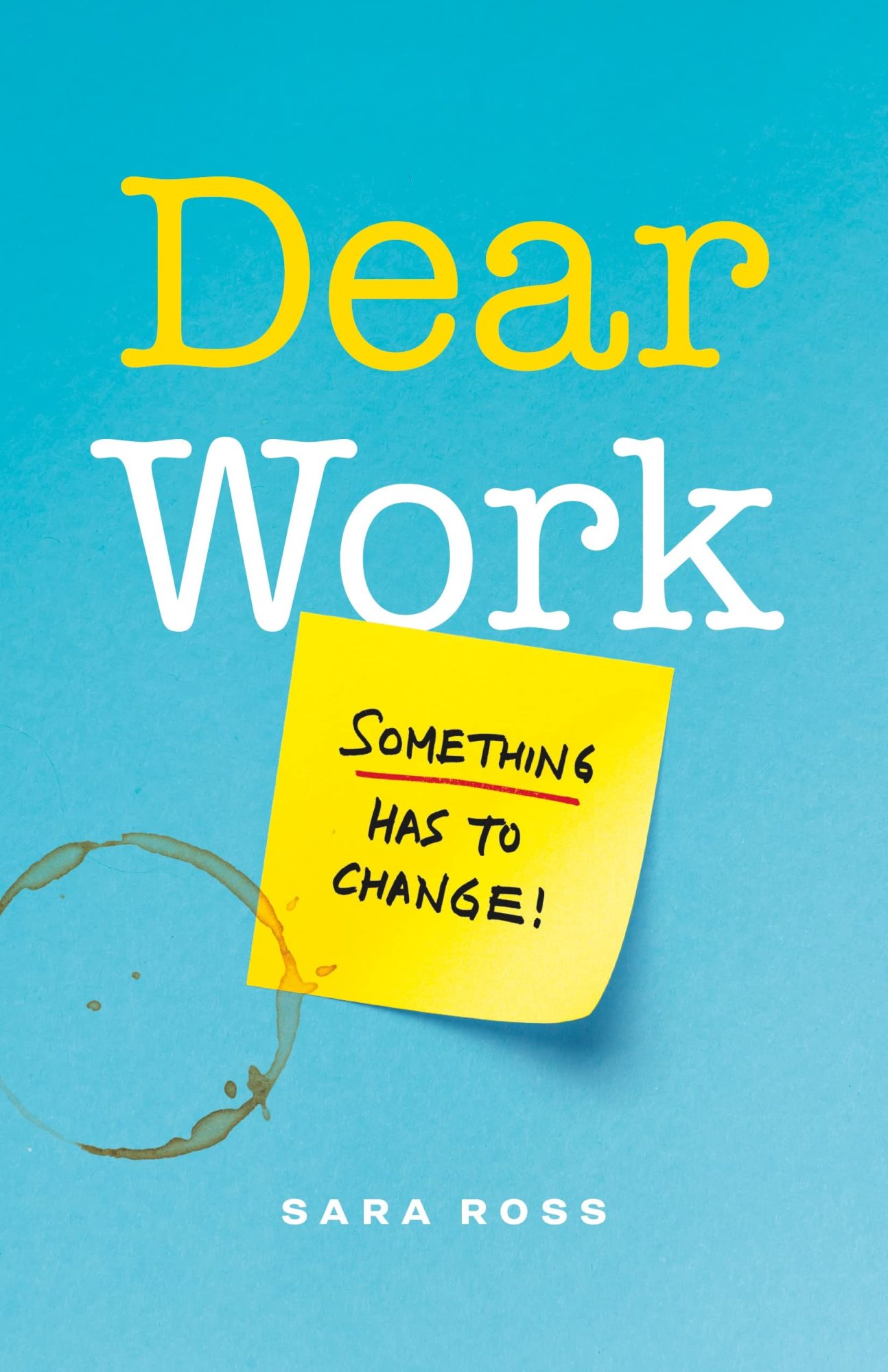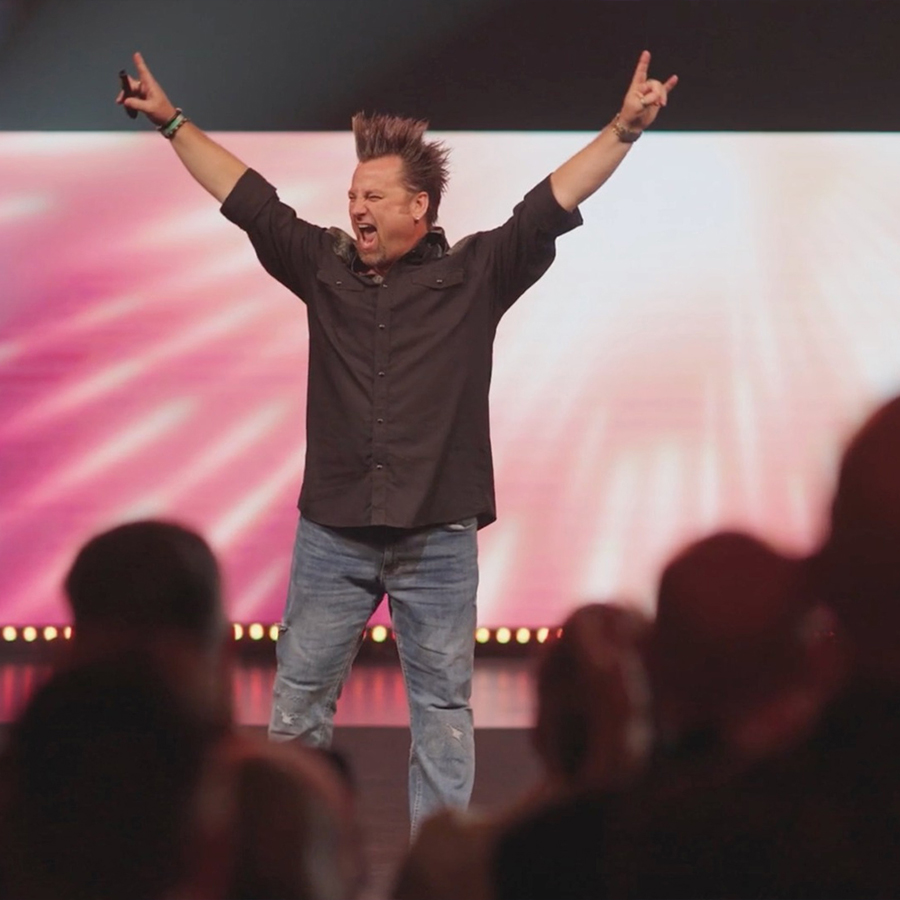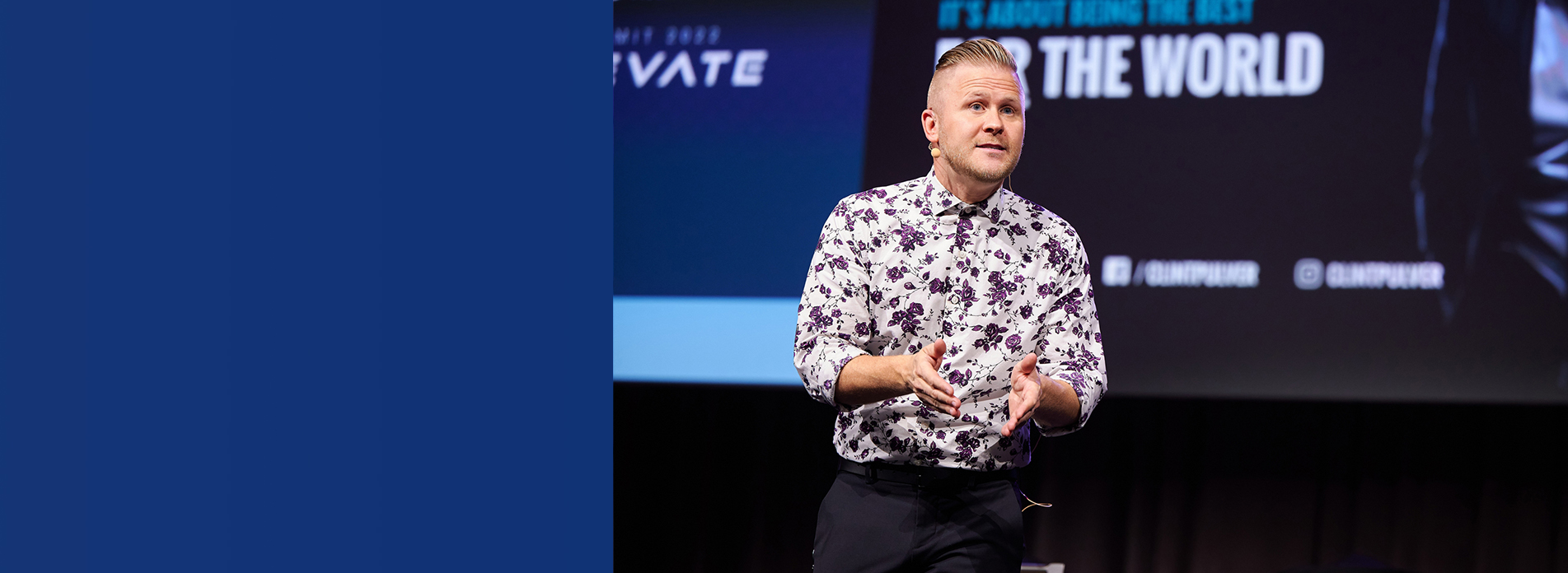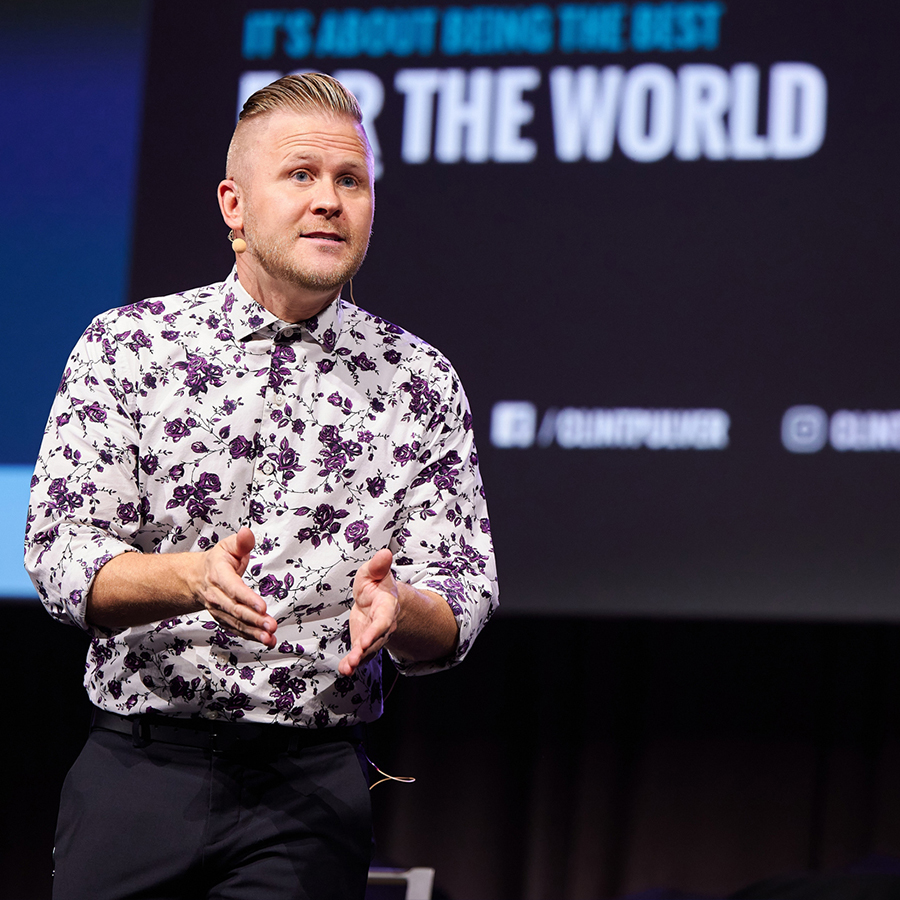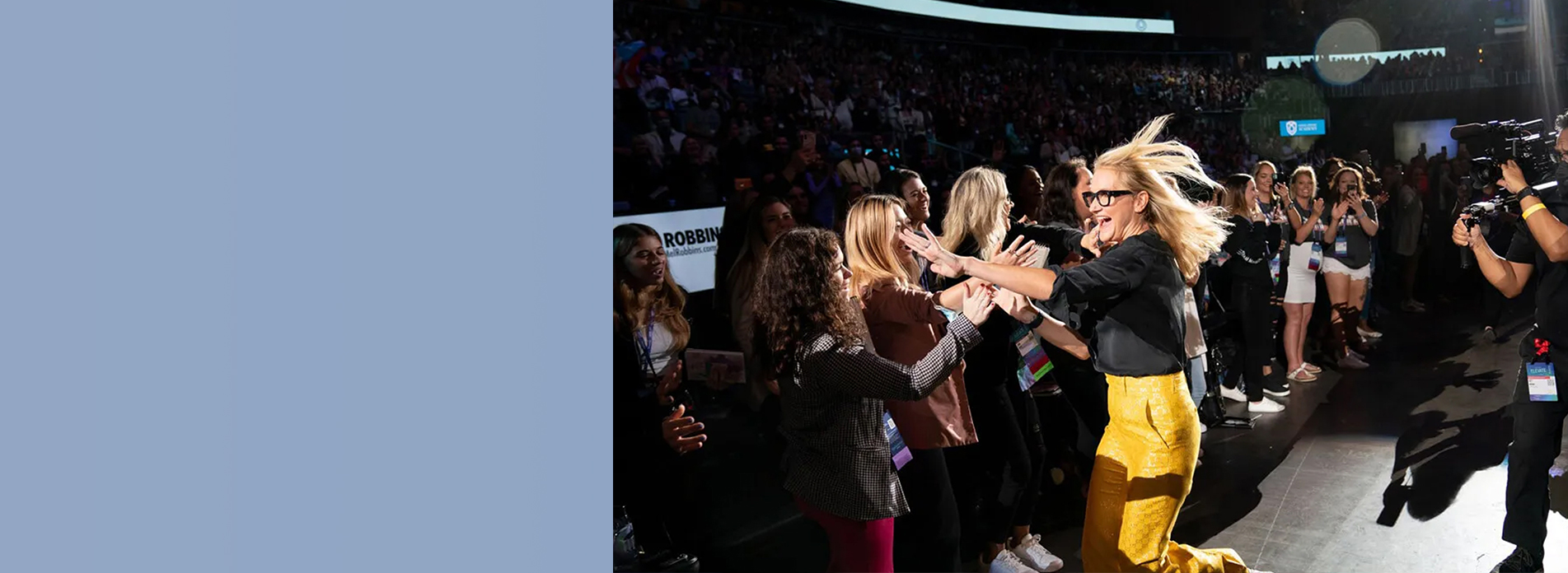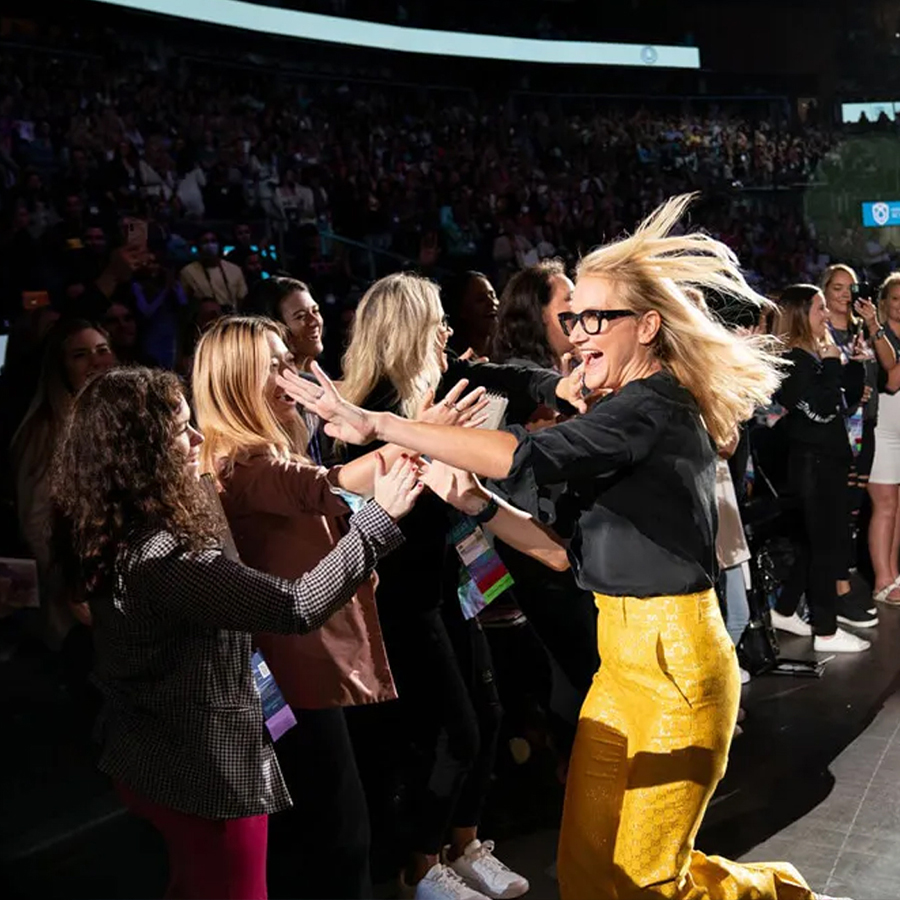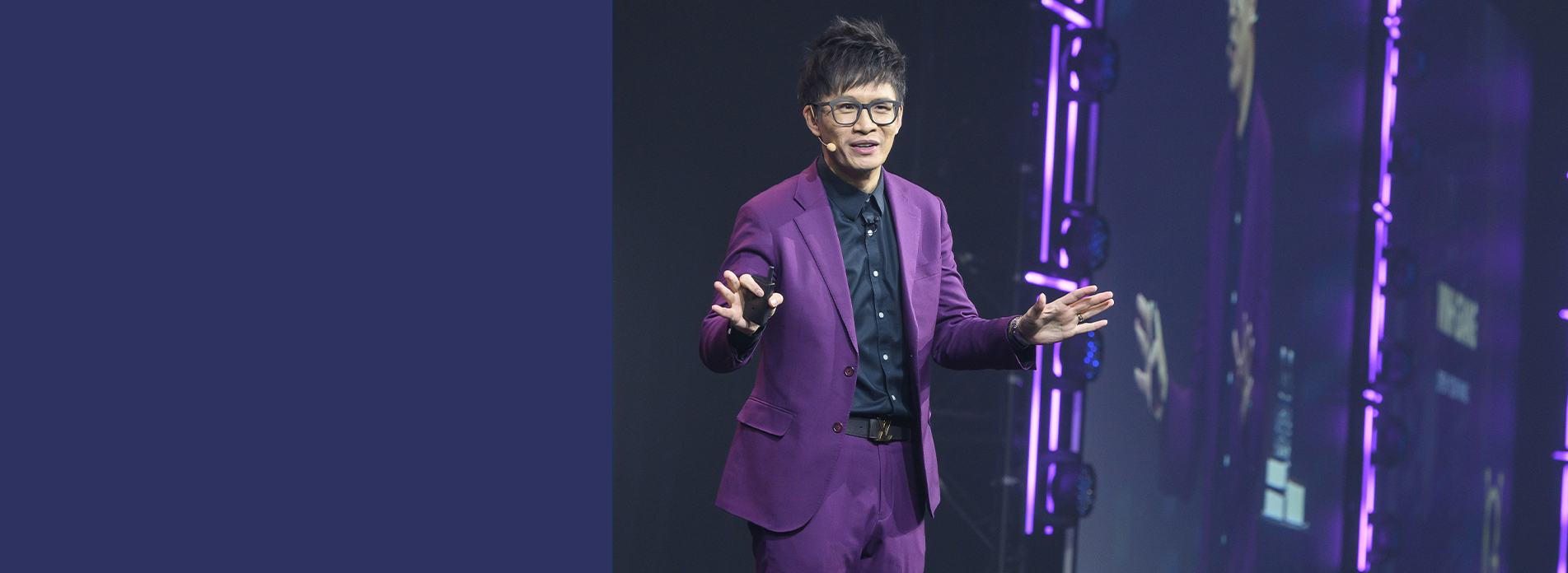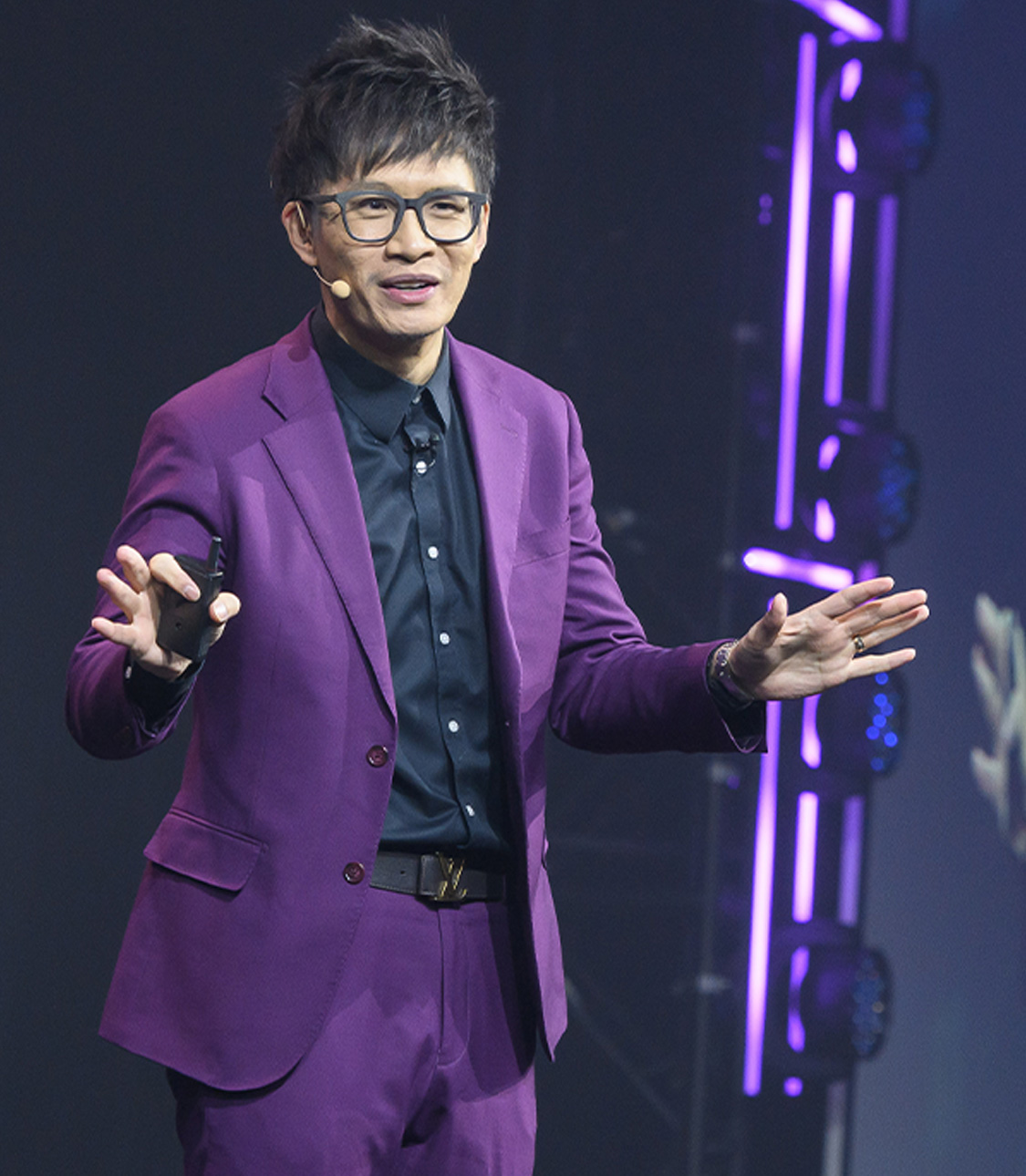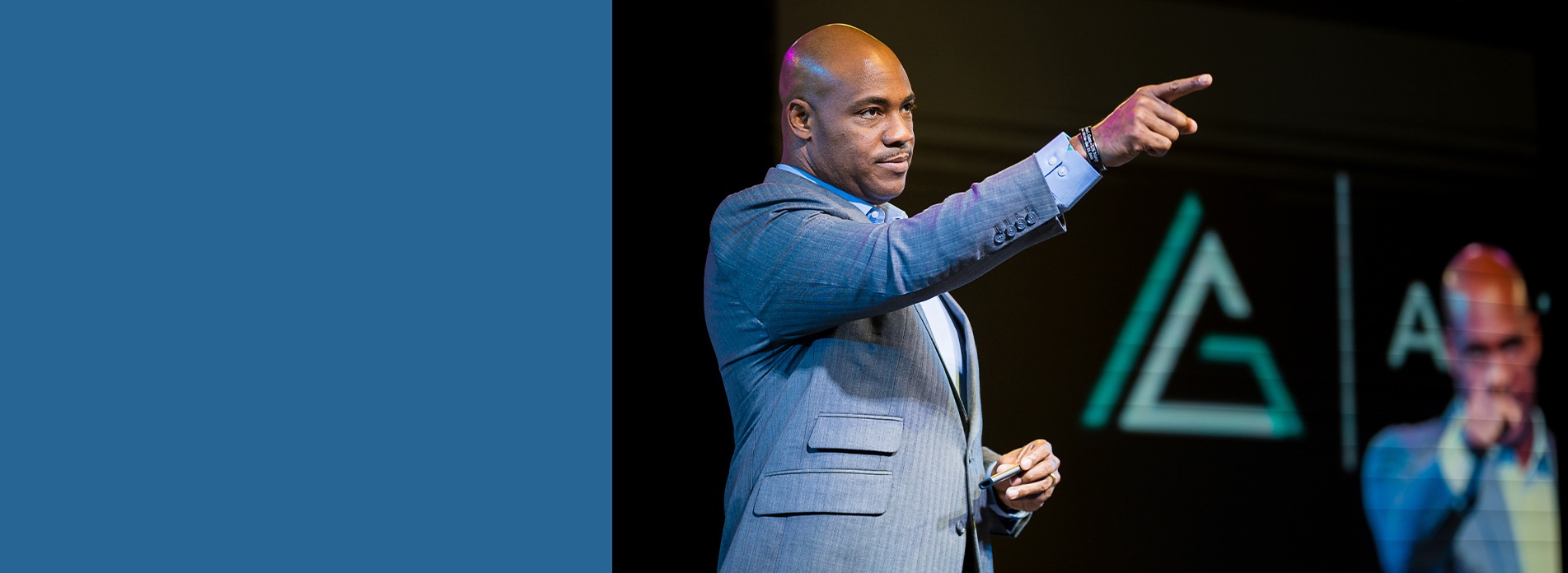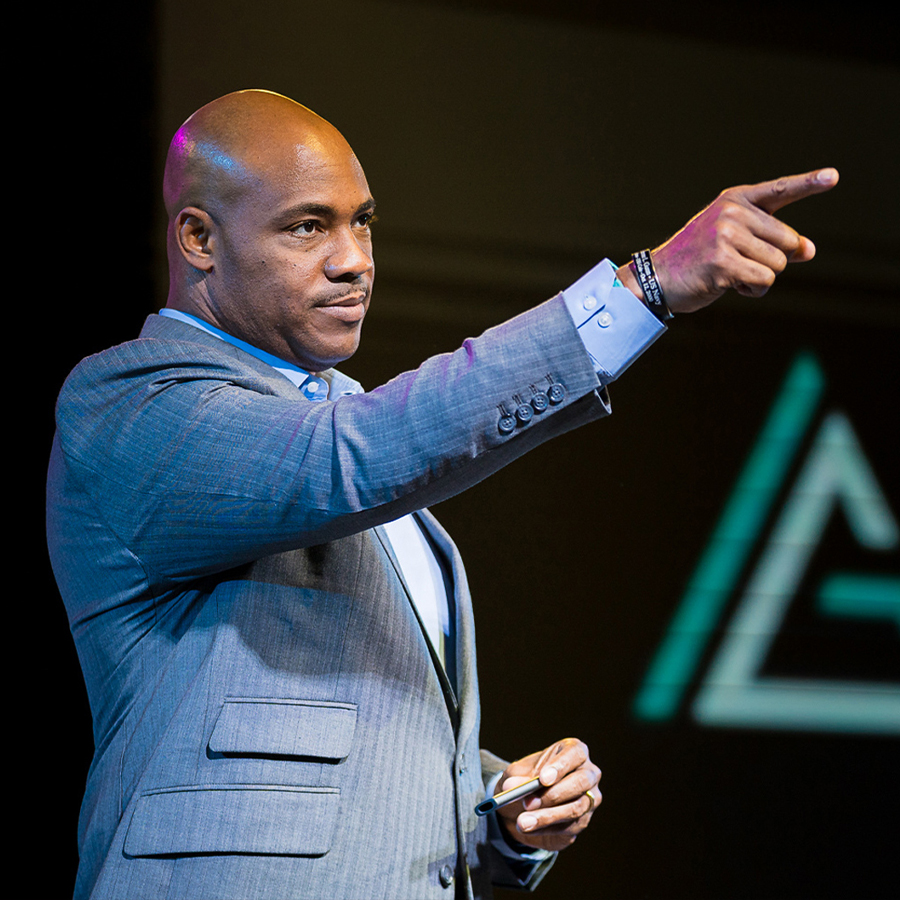In an increasingly uncertain, AI-accelerated world, the numbers tell a troubling story: 61% of leaders feel unprepared to navigate today’s complexity, 62% are disengaged, and nearly half the workforce is running on fumes. To address these pressing challenges, organizations like Microsoft, Deloitte, PepsiCo, Wells Fargo, the American Medical Association, and the U.S. Navy turn to leadership and workplace expert, Sara Ross and her LeadFULL™ framework— a vitality-powering, human-centered approach to leadership excellence.
Grounded in research but geared for real life, Sara works at the intersection of organizational culture, emotional intelligence, and energy management. Her pioneering multi-year study on workplace vitality formed the foundation of her bestselling book, ‘Dear Work, Something Has to Change.’ Known for her trademark energy and status-quo-challenging style, Sara Ross embodies her title of Chief Vitality Officer. Her conviction to reigniting a sense of aliveness in a world seemingly designed to smother it out has earned her recognition as a 2023 Women of Influence by SUCCESS magazine and the Global Gurus Top 30 Motivational Speakers list for 2025.

